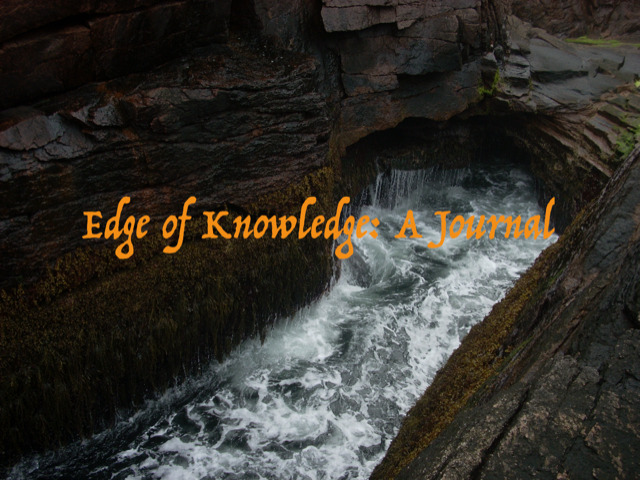
Aaron, clearly not a strong leader, gives in to the crowd and the result is the infamous episode of the Golden Calf. When Moses finally does descend from the mountain with God’s laws inscribed on two stone tablets, he is so outraged by what he sees that he smashes the tablets. The point that clearly emerges from the narrative is that human beings, even a chosen people, are easily prey to their fears and prepared to sacrifice everything for the feeling of safety. Whether that sense of security comes from a Pharaoh who holds them in bondage or a Golden Calf that they imagine holds them in its god-like protective embrace, it’s obvious that they are not yet ready to be a self-governing people.
Two major things are being accomplished as the Israelites wander for decades in the desert: the twelve tribes are uniting to become one nation and this nation is developing into a self-governing entity under the rule of law. For example, while in the wilderness, the Israelites bring their everyday difficulties and quarrels with one another to Moses to be adjudicated. Moses is not a king; he is depicted as a teacher and a judge dispensing justice according to God’s law. While sitting in judgement one day, Moses explains to Jethro, his father-in-law who had come to visit him, what he is doing:
“Because the people come unto me to inquire of God; when they have a matter, it cometh unto me; and I judge between a man and his neighbor, and I make them know the statutes of God, and His laws.”







